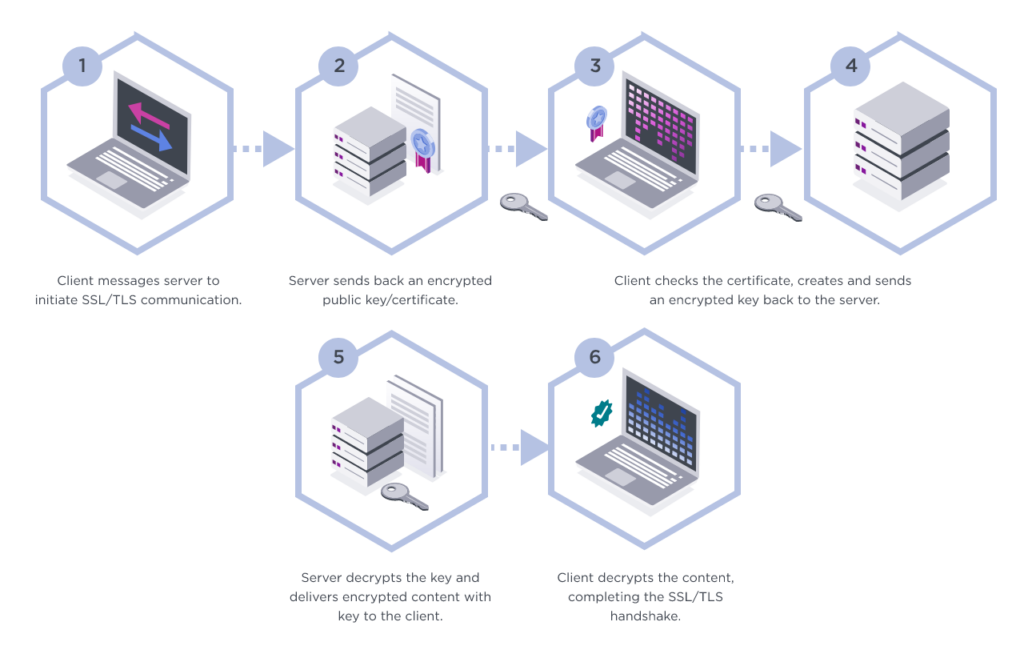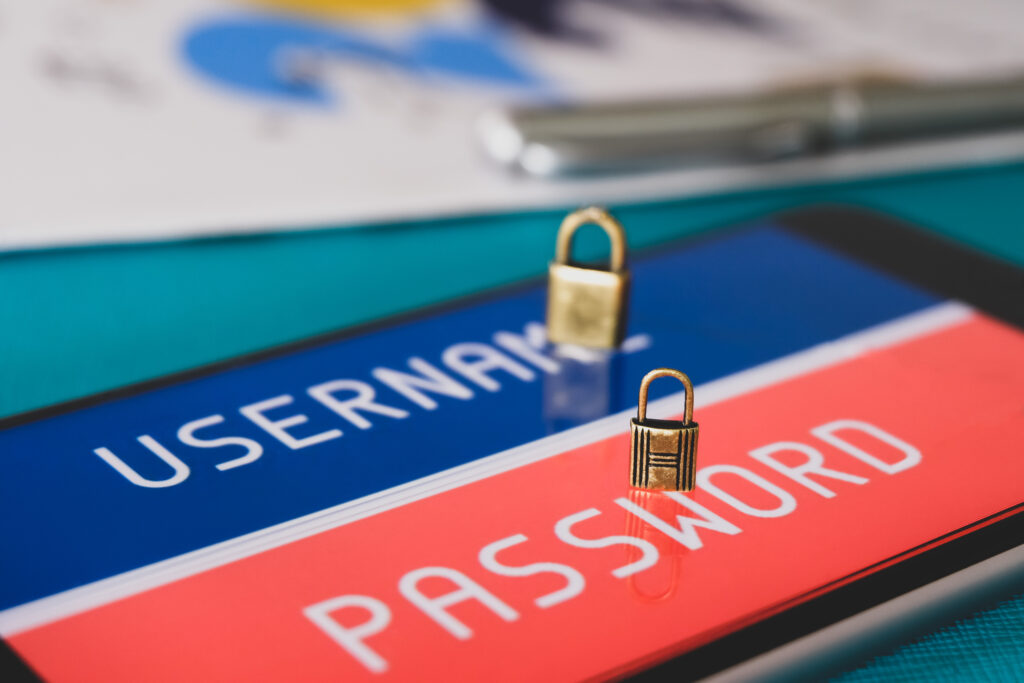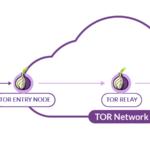In today’s digital age, privacy and security are becoming more and more important. With the increasing amount of sensitive data being transmitted and stored online, it’s crucial to have effective measures in place to protect that information. One of the most powerful tools available for digital privacy is encryption.
So what is encryption? In simple terms, encryption is the process of transforming information into a code or cipher that can only be deciphered with the right key. This makes it possible to send and store information securely, so that only the intended recipient can access it. Encryption helps to ensure the confidentiality, integrity, and authenticity of information, making it an essential component of digital privacy and security.
types of encryption
There are many different types of encryption, but they can generally be divided into two main categories: symmetric encryption and asymmetric encryption. Symmetric encryption uses a single key for both encryption and decryption, while asymmetric encryption uses a pair of keys – one for encryption and one for decryption. Some common examples of encryption protocols include AES, RSA, and SSL/TLS.


how does it work
So how does encryption work? Let’s take a look at an example using SSL/TLS, which is used to secure web traffic. When you visit a website that uses SSL/TLS, your browser first initiates a handshake with the server. This involves a series of steps where the browser and server exchange information and verify each other’s identity. Once this is complete, the browser and server use asymmetric encryption to exchange a symmetric key, which will be used for the rest of the session. All communication between the browser and server is then encrypted using this key, making it virtually impossible for anyone to intercept or decipher the information being transmitted.

encryption services
Encryption is used in many different services and protocols, including email, messaging apps, file storage, and online banking. Some examples of encrypted services include ProtonMail, Signal, and Mega. Encryption provides numerous benefits, including protecting against eavesdropping and hacking, ensuring data privacy and integrity, and maintaining trust and confidence in online communication and transactions.
Encryption is a powerful tool for digital privacy and security. It helps to protect sensitive information and ensure that only the intended recipient can access it. There are many different types of encryption, and it’s used in a wide range of services and protocols. By understanding how encryption works and using encrypted services, you can take important steps to protect your privacy online.







